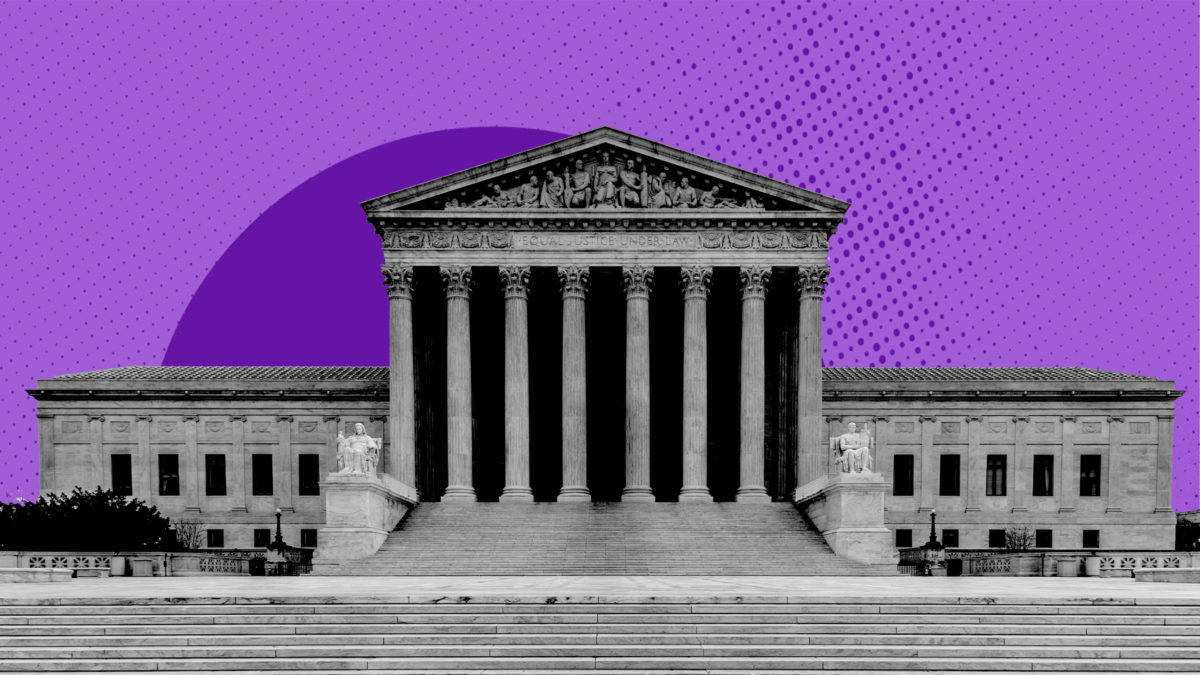In March 2014, a Border Patrol agent named Erik Egbert stopped Robert Boule and asked him about goings-on at the Smuggler’s Inn, a bed-and-breakfast owned by Boule located right on the U.S.-Canada border in Washington state. As Egbert searched his car, Boule confirmed that his employees were picking up a guest from Turkey at the airport, and likely hoped the conversation would end there.
It did not. Later, when Boule’s guests arrived, Egbert followed them into the driveway and tried to open the car door. Boule told Egbert that he could not search his car (for the second time that day) without a warrant, and asked him to leave the property; Egbert responded by shoving Boule against the car and throwing him to the ground. He left after determining that the guest, who had just arrived at a lawful port of entry where Egbert’s colleagues would have already questioned him, was indeed in the U.S. lawfully.
After Boule complained to Egbert’s supervisors, Egbert allegedly retaliated against him by causing the IRS and other federal and state agencies to open expensive, time-consuming, and ultimately fruitless investigations into Boule’s business. As Boule noted in a brief, Egbert’s conduct here is so egregious that the United States government has never once defended him throughout these legal proceedings.
Understandably, after all this, Boule wants to sue Egbert. On Wednesday, the Supreme Court will hear oral arguments about whether he can do so in Egbert v. Boule, a case about whether people have any meaningful recourse against federal immigration officials for violations of their First and Fourth Amendment rights.

(Photo by JASON REDMOND/AFP via Getty Images)
Generally, people in Boule’s situation can seek vindication through a Bivens claim. Bivens v. Six Unknown Named Agents is a 1971 Supreme Court case that held individuals can sue federal officials for Fourth Amendment violations even if the law doesn’t provide an explicit way to do so. Bivens was initially a win for those seeking to hold federal officials accountable for their misconduct. But the Court only expanded the holding twice in the decades that followed; otherwise, it set about weakening the Bivens doctrine out of existence. In 2001, the Court declined to extend Bivens to a case brought against a private contractor for the Bureau of Prisons, noting that it had “consistently refused to extend Bivens to any new context or new category of defendants.”
Certain members of the Court have expressed particular squeamishness at allowing lawsuits against federal agents involved in activities that ostensibly implicate national security. In Ashcroft v. Iqbal and Ziglar v. Abbasi, for example, the Court’s conservatives declined to afford relief under Bivens for people targeted for their suspected ties to the September 11 attacks—people whom the government detained in harsh conditions without formal charges or an opportunity to make bail. In Iqbal, the Court called Bivens “well-settled law,” but emphasized that expanding Bivens had become a “disfavored” kind of judicial decision-making.
The latest instance of the Court protecting rogue federal agents came in 2020 in Hernandez v. Mesa. In that case, a Border Patrol agent shot and killed an unarmed teenage boy playing with his friends on the Mexican side of the border. This is about as self-evident as a case of unconstitutional excessive force gets. Yet in a 5-4 opinion written by Justice Samuel Alito, the Court declined to extend Bivens because, again, the claim arose in a context with a “clear and strong connection” to national security. If the Court didn’t find a Bivens violation there, it is hard to imagine what scenario they would deem appropriate for a Bivens remedy.
One unique aspect of Egbert v. Boule is that Boule, unlike many of the people harmed by federal immigration officials, is a U.S. citizen. Some of the most atrocious constitutional violations in this country have gone virtually unchecked by the judiciary because the victims were not citizens. The plaintiffs in Abbasi—citizens of various South Asian countries—were incarcerated without being told what charges they faced, and suffered harsh mistreatment while in custody. Javaid Iqbal, who was born in Pakistan, was kept in a cell for 23 hours a day; the government pumped in air conditioning during the winter months. And in Mesa, a Border Patrol agent took an unarmed Mexican teenage boy’s life.
It’s not a surprise, of course, that the U.S. immigration system is cruel and unfair to noncitizens. Now, the justices will decide whether to extend this tacit endorsement of official abuse to citizens, too.
Holding accountable Border Patrol agents and other immigration officials is vital, despite the justices’ historical reluctance to do so. Internal Department of Homeland Security reports document horrific systemic misconduct on part of agents, who experience little pushback. Among the reasons for this are court decisions holding, for example, that racial profiling near the border is okay so long as it isn’t the only reason for a stop. Federal law purports to allow immigration officers to conduct warrantless searches up to 100 miles from the actual border. Immigrations and Customs Enforcement has taken the troubling stance in court that people in deportation proceedings don’t have First Amendment rights, and ICE agents have a documented history of retaliating against people in their custody for nonetheless trying to exercise them. If courts don’t check this kind of misconduct, there is no other institution that will do so.
At this point, Bivens is so weak that in his petition for certiorari, Egbert asked the Court to overrule Bivens altogether, calling it “a remnant of a bygone era.” The justices declined this invitation, but for this conservative supermajority, it may be only a matter of time. In the meantime, Egbert will likely become the latest iteration of the Court’s refusal to extend remedies to people whose rights are violated, and will make it even harder to hold law enforcement officers accountable.

